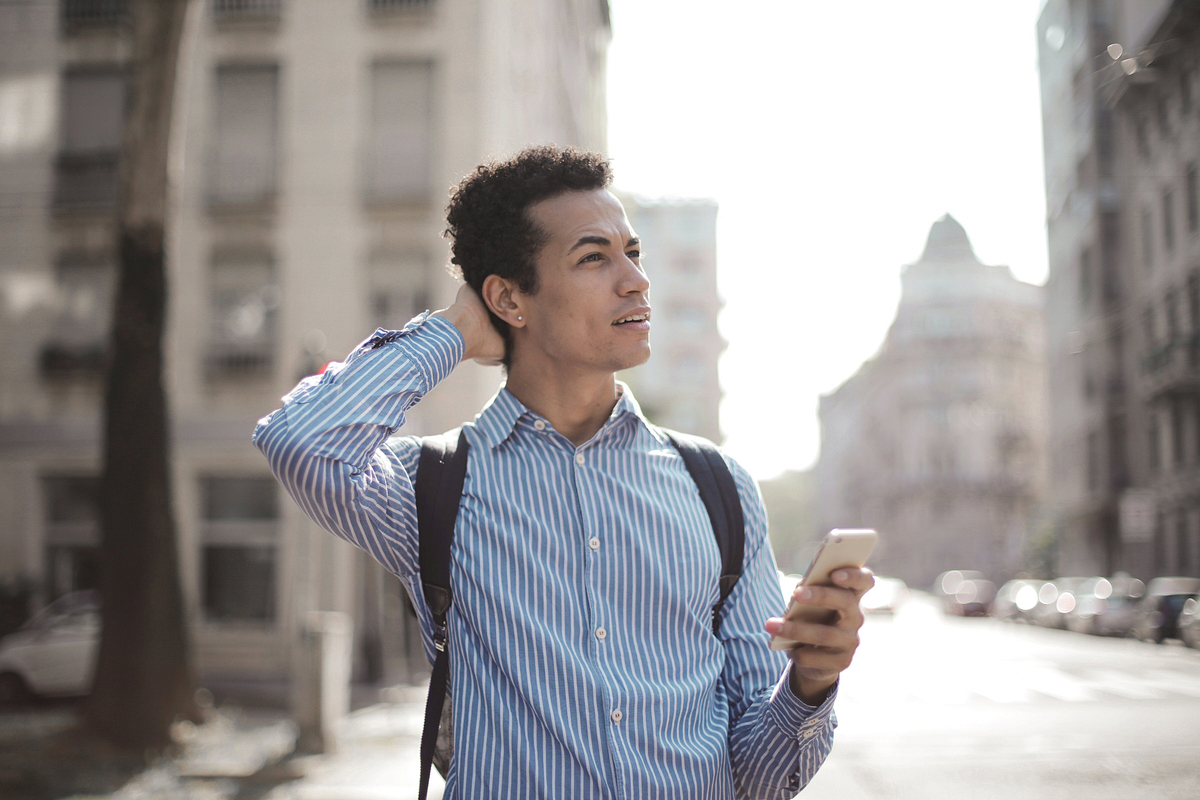
Decisions are shaped by the language we use
How do you make decisions in your business? Many decisions are based on the business language you use, and the foreign markets you want to reach, which means we seldom make the same decisions in a foreign language than we do in our native one. In fact, experts seem to argue that dealing with a foreign language actually limits our decision-making processes.
So, let’s explore further.
The Framing Effect – How Are Our Decisions Affected?
The “framing effect” is a phrase you may not have heard of. But, if you deal with international clients, you probably have come across it, whether or not you realize it. It refers to the way in which information is framed, or even presented, and how it affects our decisions.
How Does the Framing Effect Affect Your Business?
You may be wondering what the difference is in writing the same content in two different languages. Well, other than dealing with two completely different languages, scientists have reported that emotions linked to a person’s native language are critical in making decisions. In other words, if you are trying to market your product or service to a global audience, professional translation into their dialect is essential if you want to elicit reaction. To simplify it even further: when someone is presented with a message in their second language, they are far less influenced by the framing effect.
Now, you’re probably wondering if that means your entire business needs to be localized into your client’s native language if you want to seal the deal. It’s a yes and no answer.
On the one hand, you will put effort into understanding your client’s native language and culture, and allow them time to familiarize themselves with your products or services. This is great since, using their native language, really helps you to reach out to them and transcend across language barriers.
On the other hand, you can’t learn or translate into every language on this earth. The trick is to narrow down your target market in specified countries and then have your documents and marketing collateral translated in a way that appeals to your audience’s emotions. It is with professional translation and localization that business decisions can be made.
Get Ahead of Your Competitors by Localizing Your Content
While English has been seen has the primary language of the world, if you head off to another country, English is often the safest solution, which leaves many businesses wondering why they should translate their website or their user manuals. The answer is simple: not everyone who speaks English is going to want to do business in English. Just look at the figures:
- Over 70% of internet users world-wide do not speak English as their first language
- Nearly 90% of non-English speakers will not buy services or products from English language websites
By translating your business’s content, you can reach a much wider online audience and help to shape their decision to buy your products or services. After all, speaking their business language shows you respect them!
Subscribe for more
Stay up to date with the latest articles, news and translation insights


